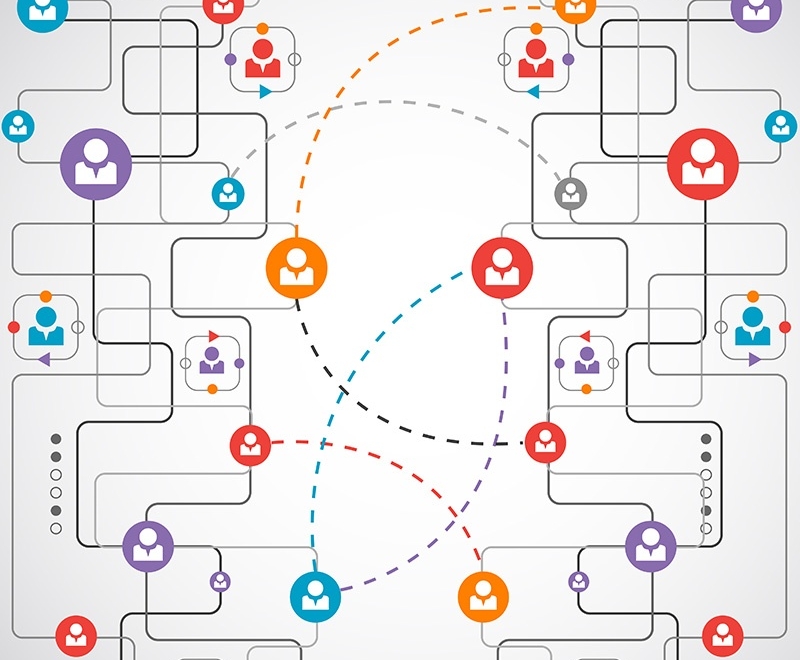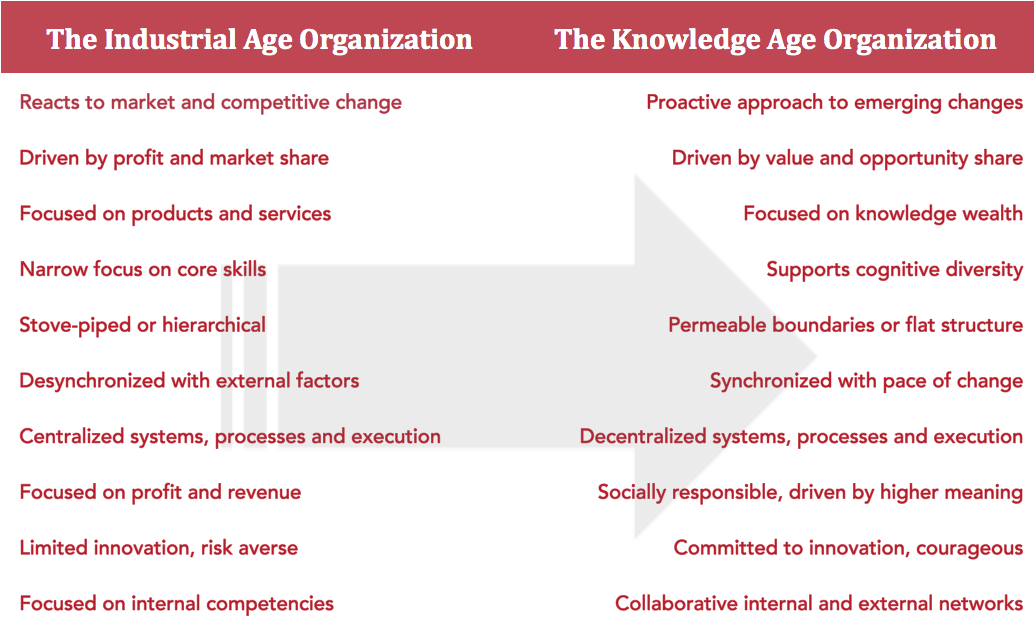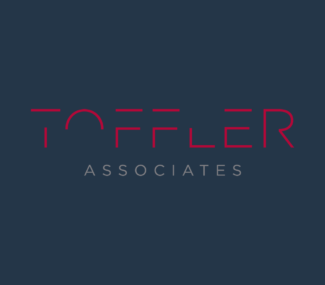The Organization of the Future is Here. Is it Yours?

Embracing a knowledge economy has ignited a transformation of the organizational model. Some of the changes have been dramatic – like Tony Hsieh restructuring Zappos into a Holacracy, “which enables employees to act more like entrepreneurs and self-direct their work instead of reporting to a manager who tells them what to do.”
Most shifts have been subtler (and less controversial). Yet as a whole, the changes bring two points to light. First, we’ve entered an age in which globalization and the proliferation of innovative, lean companies are changing the marketplace. Second, a massive young generation is entering the workforce with a different set of expectations about what a highly functioning team looks like and can do.
The organization of the future is here
What was once deemed “The Organization of the Future” is here now, bringing with it an imperative to reassess your operational approach. Leaders intent on achieving sustainable growth and impact have reached the point at which it has become necessary to reconsider what is relevant and possible for their organization and people.
Sustaining leadership in a rapidly changing business environment requires that leaders peer into the future to ascertain what will be required for success as we move deeper into the Knowledge Age.
This new approach is characterized by values like collaboration, shared vision, communication, empowerment, willingness to overcome bias and disrupt to innovate. Knowledge-based organizations are built for agility and focused on staying ahead of change. Fundamentally, this is a human-centered approach in which process supports behavior, rather than the other way around.
Three Priorities of Successful Knowledge Organizations
For process to follow behavior, leaders must create a sustainable framework that works across the organization. Parallel to building a set of actionable core values, this lens serves to filter opportunities and approaches, disqualifying anything that could hamper progress.
Priority One: The Organization
Establish and communicate core values. Ensure they are shared by everyone in the organization and communicated externally as appropriate. The goal is not to build a list of traits; rather it is to assert a set of principles that support the ongoing health of the organization. For Toffler Associates, these are things like speaking truth to power, curiosity and lifelong learning, diversity of thought, and a commitment to connect – all of which encourage thinking and action.
Priority Two: The World
Embedded in the core values should be a collective obsession to understand the outside world, the rates of change, and implications of these changes. The only way to produce value is to know absolutely how your role contributes to the total customer experience. The power shift occurring from institutions to customers makes it an imperative to look beyond what you do, make, or sell. Everyone within your organization must know your part in the industry, economy and world as all continue to progress.
Priority Three: The People
On the flip side of an obsession with the world at large is a consistent preoccupation with people. Both internally and externally, it’s critical to understand how your organization impacts others. For the purposes of innovation, it’s particularly important to build metrics around how your customers engage with – and more importantly, how they want to engage with – what you bring to the world. Engagement is up close and personal, it is a contact sport between your customers and your workforce. Understanding how the customer experience is delivered and received is vital to becoming an agile organization capable of staying ahead of change.
We are moving rapidly away from a model built around command and control and pulling management levers to achieve certain objectives. A successful organizational structure today is based on having the courage to ask “what if,” and consider both new and existing scenarios with a tabula rasa approach.
Contact us to learn how to transform your organizational core values toward purposeful innovation.
- Categories
- Workforce of the Future




 About the Authors
About the Authors